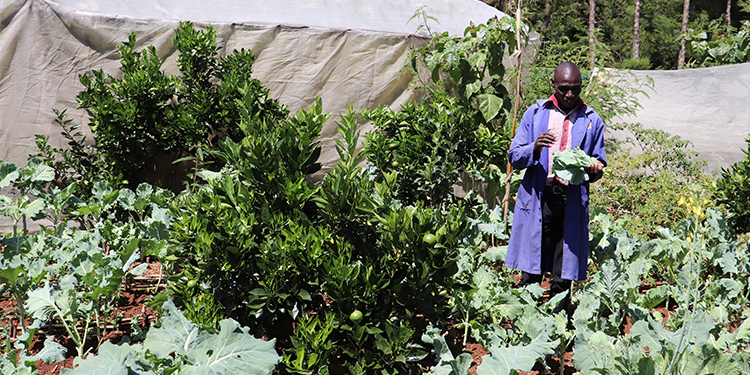
Here are some of the activities we have already carried out to boost the positive impact of Agroecology in the communities:
In order to guide local producers and farmers toward a new agricultural system, and to build future food leaders, Slow Food Uganda organizes the academy to create regional coordination linking all Slow Food projects and their practices on agroecology, with the aim of reinforcing and spreading effective and cost-efficient agroecological solutions. The Slow Food Academy trained 20 participants from Uganda and the Democratic Republic of Congo in topics of Introduction to Slow Food and Agroecology, as well as Education and Awareness Raising about Agroecology, good, clean, and fair food. Participants were able to acquire practical knowledge and skills through field visits and participation in the Fruit and Juice Party, an annual educational event organized by Slow Food Uganda. The participants have also held online meeting engagements to share how they have been able to translate the knowledge and skills acquired to their communities, as well as sharing on how they have been able to adapt to the COVID 19 situation.
Through ecological school gardens are being established in schools.These have helped learners to easily apply agroecological practices even in their home gardens. Increased awareness of agroecology and the value of local knowledge may lead to a transition to sustainable food systems that ensure food security, sovereignty, biodiversity conservation, and improved nutrition.
Communication and organizing events to raise awareness on Agroecology:
Slow Food Uganda has organized local events in schools and communities together with other local activities, like the farmers markets with the aim of raising awareness on Agroecology. A special Earth Market was held in Mukono purposely to draw the attention of the farmers and the consumers on the importance of practicing agroecology for a sustainable food system.
Building Local Economies in East Africa Through Agroecology is a project funded by the Agroecology Fund that aims to boost local economies and improve the livelihoods of communities in Kenya, Uganda, the Democratic Republic of Congo, and Tanzania.
Slow Food Uganda is planning to conduct interviews to establish how the academy participants have been able to apply what they have learned so far in the last academy sessions. Also, we hope to conduct a survey to establish how the school gardens have impacted not only the children but also the school administrators, teachers, and parents in these schools. This will help us find out what has worked, what needs to be improved, and the new interventions that might be used to make this project more impactful, and a success.
Slow Food is committed to promoting food sovereignty through programs like this, providing education and materials to support the communities in their fight to develop a good, clean, fair food system.
